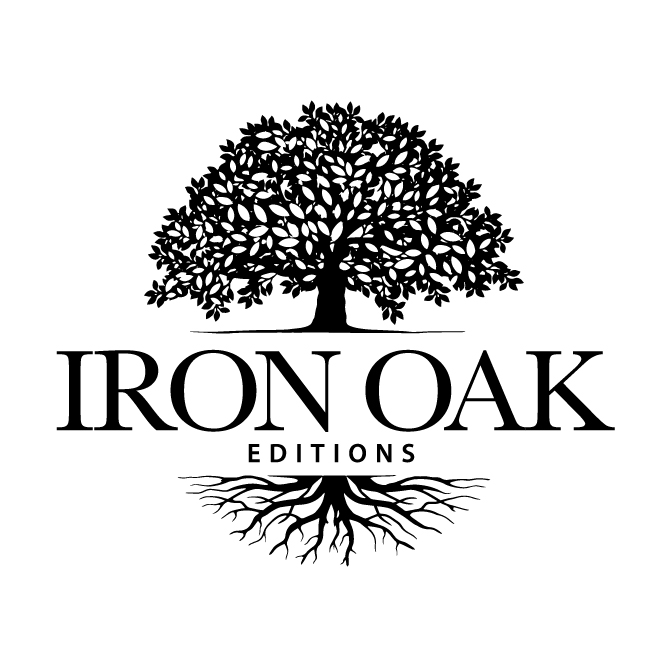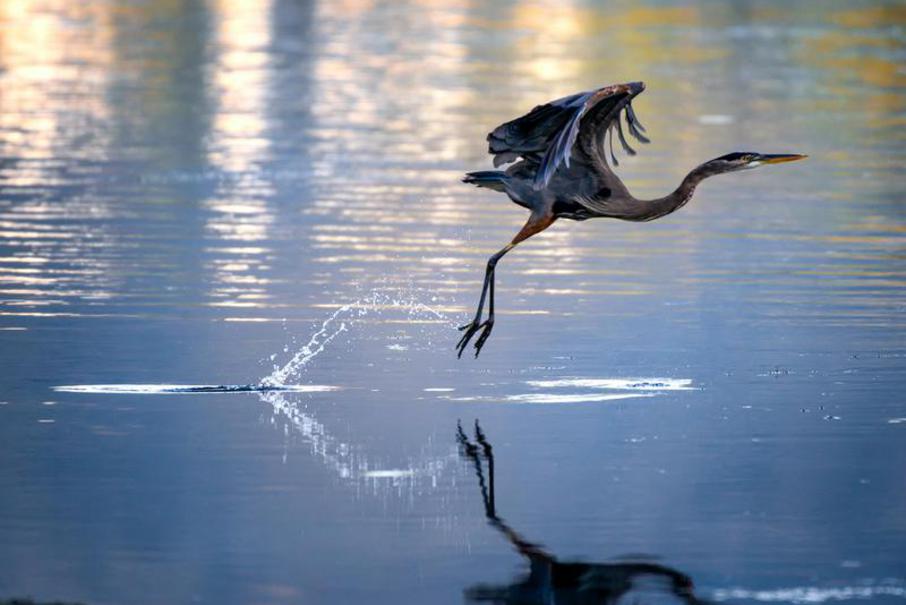by Allisa Cherry
August 5, 2025
Regaining Unconsciousness by Harryette Mullen; Graywolf Press; 160 pages; $18.00.
It's been twelve years since her last poetry collection, but Harryette Mullen is back with Regaining Unconsciousness. And, man, is she still standing with a book of matches in a gas-soaked landscape. A celebrated poet, short story writer, and educator, Mullen has a long history of enlivening the literary world with her unique blend of social critique, musicality, wordplay, and humor. Known for making much of the small things and taking her readers to task for not caring enough about the big things, Regaining Consciousness continues her long effort to transform the wreckage of consumer culture and its inevitable collapse. But the stakes here are even higher than before, as if Mullen fully apprehends what 89 seconds left on the doomsday clock means, and she's leaving it all on the page.
Regaining Unconsciousness is an ambitiously thick collection that seems intent on rattling readers out of our collective passivity. Divided into eleven slim sections that seem to nod toward the eleventh-hour of our existence, the collection is composed of poems written with clear diction and syntax—accessible poems, apprehensible poems. When Mullen writes lines like "When only men can read the holy word, / the other half can only dream of freedom,” she is using the simplest language to be certain anyone can comprehend her meaning. Mullen employs musicality to great effect in this collection, creating poems that are a pleasure to read out loud, such as "Untranslatable Ice," which contains excessive sibilance and so much internal rhyme that the sound seems to be the primary point. Her work echoes the improvisational spirit of jazz and the democratic accessibility of beat poetry, while bringing her own distinctive voice to bear on contemporary crises where clarity of voice and rhythmic urgency serve political awakening.
Mullen has a gift for excavating profound truths from the detritus of consumer culture. In "Hidden Valley,” she transforms the language of corporate agriculture into a dystopian pastoral where "sustainable returns are greenest" and "the cows, all bullish." The poem's corporate doublespeak becomes a form of environmental violence, and shows how even eco-crisis gets processed through the machinery of late-stage capitalism. "Spin Cycle" operates along the same line, using the oceanic garbage patch as both literal environmental disaster and metaphor for how information itself becomes polluted. The poem's closing image of "harsh news muted to spare the ears of recalcitrant Midases" suggests that our relationship to climate change is about willful rather than genuine ignorance. Through these poems, Mullen demonstrates how consumer culture's language has colonized our ability to speak truthfully about race, gender, and environmental destruction, turning even our most urgent catastrophes into marketing opportunities.
Mullen's strategic use of humor and wordplay occasionally threatens to undermine the gravity of her subjects, creating a cheekiness that some readers may find at times repetitive and inappropriately droll. In the playfully titled "Fan Mail from Some Flounder?" a poem exploring the destruction of the sea, for example, Mullen squeezes in so many fish puns with lines like "Now as you feel yourself floundering, wishing some alluring fish might drop you a line" and "Just don't hold your breath, hoping to find a flattering letter from some singular sole." Similarly, "Leopard Coat Spotted at Polka Dance" could be read as trivializing the serious matter of species commodification and extinction that the poem addresses. It could be argued, however, that this apparent levity serves a deeper purpose, revealing how our culture's relentless cheerfulness allows for the perpetuation of horrible things. When Mullen does play it straight, as in "Weathering Hate,” the effect is devastating. Here, her examination of how Black bodies are worn down by systemic oppression demonstrates her skill as an observer of both geological and social processes. The poem's metaphorical equation of hate with weather patterns, "Small, torturous fractures opened in stone where water freezes in the pores," shows how sustained pressure can break what is strong.
Most remarkable about this collection is how Mullen balances her stark diagnoses of contemporary problems with moments of genuine hope. In "Approaching the Pinnacle,” a poem that foretells of that inevitable darkest hour we all face, she writes "You may walk aimlessly in the wilderness, or, God may send a spark to brighten your night, a flash of light from far-off bushes, burning." The poem "At Water's Edge,” an elegantly simple and very brief poem, opens with one of the most optimistic lines in the whole collection: "Blue herons persist." That Mullen could do the long math of this historical moment, calculating the costs of racism, environmental destruction, gendered violence, and systemic exploitation, and still find hope to be the most viable response may be the collection's most profound achievement.
Regaining Unconsciousness is both a call to action and an example of poetry's capacity to transform despair into resistance. Mullen has assembled a collection that refuses to let readers retreat into comfortable numbness, instead requiring that we confront reality with seeing eyes and open hearts. Her ability to weave together environmental catastrophe, racial injustice, and economic exploitation into a cohesive artistic vision demonstrates her continued relevance as a contemporary voice. While the doomsday clock ticks ever closer to midnight, Mullen's examination of our shared predicament is a source of illumination. In her hands, the debris of a shattered world becomes raw material for renewal, and consciousness becomes an act of defiance. This is poetry as cultural diagnosis—a response that meets our moment with the light of artistic truth.
__________________________________________________________________________________________________________________________________________________________________________
__________________________________________________________________________________________________________________________________________________________________________
__________________________________________________________________________________________________________________________________________________________________________
Blue Herons Persist: Hope and Reckoning in Harryette Mullen’s Regaining Unconsciousness
POETRY REVIEW
Image by Frank Cone from Pexels
Allisa Cherry grew up in a rural community in an irradiated desert in the southwest of the United States. She has since relocated to the Pacific Northwest where she teaches workshops for immigrants and refugees transitioning to a life in the US and recently received her MFA from Pacific University. Her poetry has received Pushcart and Best of the Net nominations and can be found in High Desert Journal, West Trade Review, The Maine Review and Rust + Moth. Work is forthcoming at The Columbia Review.
__________________________________________________________________________________________________________________________________________________________________________
__________________________________________________________________________________________________________________________________________________________________________
© 2025 Iron Oak Editions
Stay Connected to Our Literary Community. Subscribe to Our Newsletter





